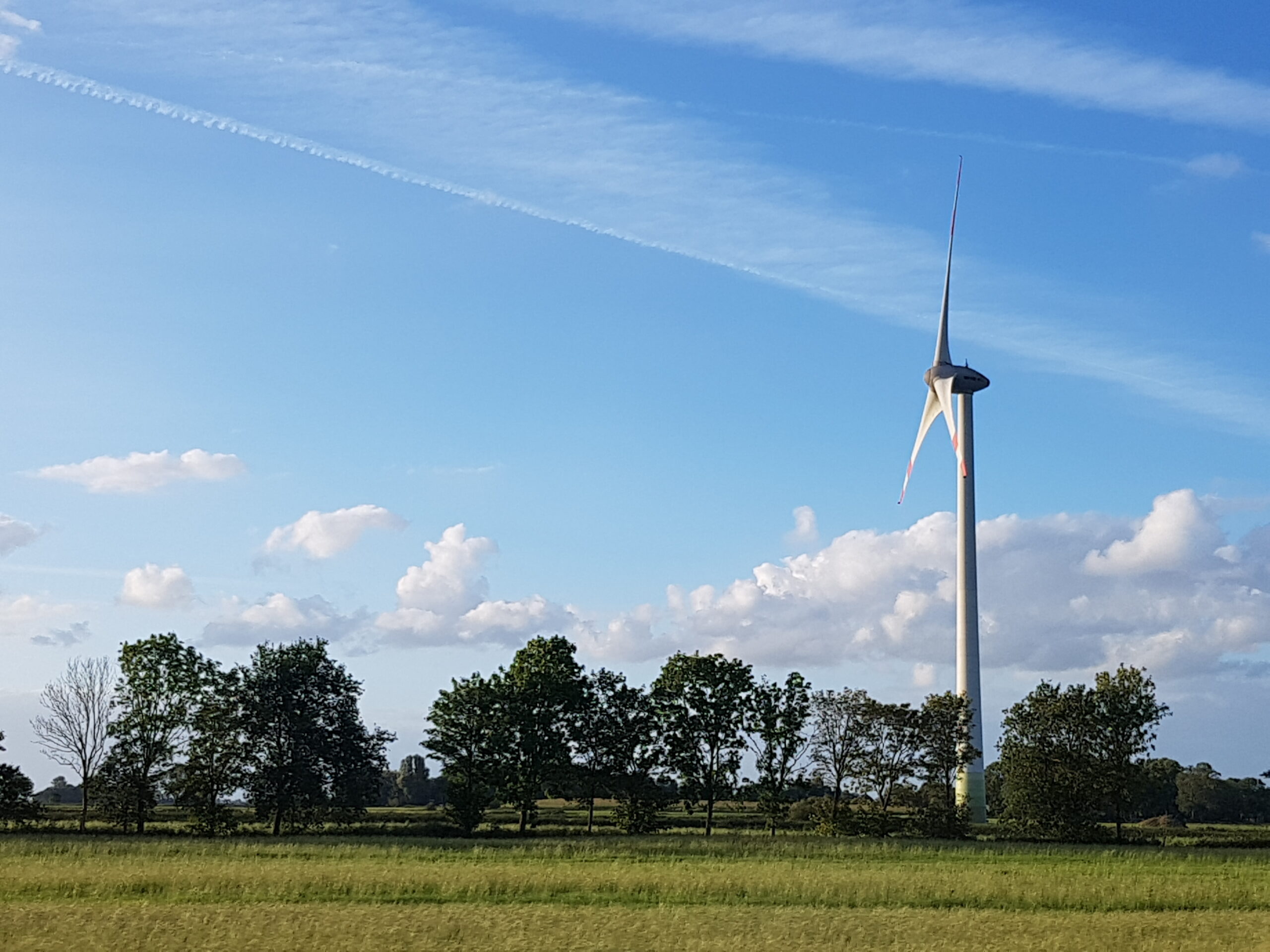1 September 2025
Groningen, 31 August 2025 — A new initiative under the Interreg Europe project UNLOCK, led by Hanze University of Applied Sciences (Hanze UAS), has been approved this summer, marking the launch of a pilot action aimed at strengthening regional hydrogen education in Médio Tejo, Portugal.
The pilot action was officially approved on 22 July 2025 and will run for one year starting 1 September 2025. It represents a targeted extension of the UNLOCK project, supported by an additional budget of nearly €200,000, raising the total project funding from €1,966,647 to €2,162,644.
Following UNLOCK’s established collaboration and co-creation practices, the pilot will emphasize regional stakeholder engagement and active involvement of local businesses, ensuring that the initiative is deeply rooted in the needs and dynamics of the Médio Tejo region.
Pilot actions within the Interreg Europe programme are designed to test innovative approaches inspired by good practices and lessons learned during the project implementation. These actions serve as practical experiments to improve regional policies by validating innovative methods in real-life settings before broader adoption.
This summer, the Interreg Europe monitoring committee approved 42 pilot actions. Of these, 26 projects from the first call will implement pilots across five of the six programme topics. The UNLOCK pilot falls under the “smart” topic, which includes 11 pilot actions. In total, 54 project partners from 15 countries will implement these pilots, addressing 47 policy instruments, including eight Investment for Jobs and Growth goal programmes. Notably, Hanze UAS is the only Dutch partner participating in this round of pilot actions.
The UNLOCK pilot action will focus on improving regional policies in the Médio Tejo region of Portugal to better support hydrogen (H₂) education. As the region transitions toward a green hydrogen economy, the demand for skilled professionals is growing rapidly. Yet, local educational institutions often lack the expertise and strategic guidance to initiate H₂-related curricula.
“The challenge is compounded by the rapid evolution of hydrogen technologies, which makes it difficult to align educational content with industry needs. Curricula risk becoming outdated before they are even approved,” says Dr. Beata Kviatek, Jean Monnet Chair in Sustainable EU Economy and Project Leader of UNLOCK project.
“The pilot action seeks to address this by fostering collaboration between educational institutions, businesses, industry, and government agencies, with the regional authority playing a key role in facilitating this matchmaking and supporting leadership in education development.”
Inspired by Good Practices from the Northern Netherlands
The pilot will test a new public intervention model currently being implemented in Northern Netherlands, where Hanze UAS has reported successful practices in developing regional hydrogen education. These practices, validated by Interreg Europe’s Policy Learning experts and included in the European good practice database, emphasize multi-level collaboration—vocational, university, and professional education—ensuring that programs are relevant, high-quality, and sustainable beyond subsidy periods.
A European Interregional Partnership
The pilot action is being developed and implemented through a European interregional partnership, involving:
- Hanze UAS (Netherlands) – Advisory Lead Partner and coach
- Inter-Municipal Community of Médio Tejo (Portugal) – Regional coordinator
- Instituto Politécnico de Tomar (Portugal) – Newly joined UNLOCK beneficiary and pilot implementer
This partnership exemplifies the spirit of interregional cooperation and learning promoted by Interreg Europe programme, leveraging shared knowledge to address local challenges.
Policy impact
The pilot action will contribute to the improvement of the Centro Regional Programme 2021–2027, particularly by enhancing the development of new projects funded by the programme and making policy content more relevant to the needs of the green hydrogen economy in Médio Tejo. The ultimate goal is to create a policy environment that actively supports the growth of hydrogen education and industry in the region.
